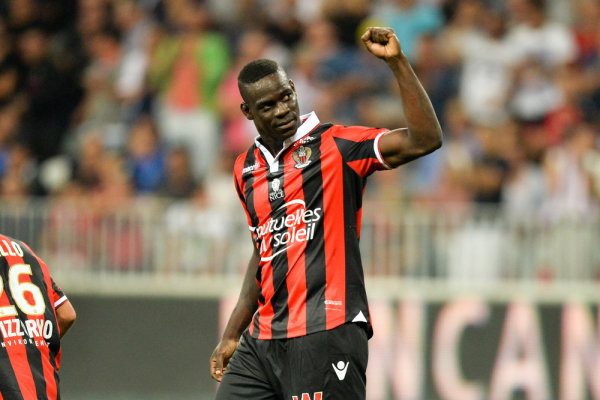MLS: Why expansion is key to the league’s progression
Major League Soccer’s TV ratings have stalled at the beginning of the current 2017 MLS season.
According to Christopher Harris (via Sports TV Ratings and World Soccer Talk), the 2017 season is down eight percent compared to the previous season.
Oddly enough, MLS is not struggling with popularity growth.
According to Nielsen SportsDNA, since 2013 there is a five percentage point increase, 30% overall, of U.S adults identifying as at least a moderate fan of MLS (from 16% to 21%).
New TV deal
Along with popularity, another reason for growth is Major League Soccer’s current TV deal. The broadcast deal is triple what ESPN, Univision, and then NBC were paying for MLS broadcast rights pre 2015.
League Commissioner Dan Garber called the new deal a “statement about where the soccer market is and where Major League Soccer and U.S. Soccer fit into the paradigm.”
With $90 million coming in annually from FOX, ESPN and Univision, the league is seeing their name being promoted more often with more games being aired.
There is no doubt that the TV deal and increase in attendance helps grow the league in all aspects. However, league’s expansion is most crucial for the overall league’s success in growth and revenue.
Vital expansion
In 2013, there were 19 clubs in Major League Soccer.
By the time 2018 season kickoffs, there will be 23 clubs (LAFC becoming the newest club). The league is also set on having a 26 club league by 2020 and then adding two more down the road.
No time table or announcement has been set, but the news should be coming soon.
Expansion is vital because it brings huge amounts of invaluable cash to the league, which was publicly losing money according to Commissioner Dan Garber as recently as 2015. Not only is there a $150 million expansion fee to join MLS, there is more invaluable sponsorship money flowing—and the sponsors are noticing.
More data provided by Nielsen Sports DNA, explains that at this point of the current season,“sponsors have garnered more than $30.7 million of in-match television broadcast exposure.”
This year, Nielsen Sports added MLS to their sponsorship media valuation platform, Sport24, tracking every bit of sponsorship exposure from their TV broadcast, jersey sales, venue site, and more.
QI Media Value is Nielsen Sports‘ measurement given to sponsors about the clubs “taking into account the quality and weight of exposure, audience size, and cost per thousand.”
According to the QI Media Value, three out of the top four clubs in MLS with the best QI Media Value are recent expansion teams. In no specific order, New York City FC (2015), Orlando City SC (2015), DC United (1996), and newcomers Atlanta United (2017), offer the best brand exposure.
The more the expansion, the better it is for the clubs
It should be of no surprise that the expansion clubs are high on the list. These clubs have passionate fan bases, a public image local and domestic, and stardom.
For example, newcomers, Atlanta United lead the league in per game attendance, beating out defending champions Seattle Sounders.
Orlando City has the most beautiful soccer stadium in America and an atmosphere that rivals internationally. New York City FC has invested in their squad with former World Cup champions Andre Pirlo and David Villa.
As the study explains, home attendance, in-game sponsorships, televised games, and jersey and equipment sales are key to scoring high in value for sponsors—exactly what Orlando City, New York City FC, and Atlanta have done.
Positive outlook
With more clubs entering the league, Dan Garber needs to be looking at what markets offer the best “QI Media Value.”
There are 12 potential cities making a bid for those final expansion spots: Phoenix, Sacramento, Cincinnati, Miami, Tampa Bay, San Diego, Nashville, Detroit, San Antonio, Charlotte, Indianapolis, and St. Louis. MLS cannot afford to make a bad decision.
Whoever gets the bid will bring in huge amounts of revenue opportunity, exactly what the league is looking for. There will be more fans, more games, and more star players.
Not only should MLS be taking notes about how NYCFC, Orlando, and Atlanta have been so successful on and off the pitch, but so should the expansion markets. Sponsors will be excited to sign with the new clubs because that is where all the money is, and MLS is most likely going to give that market the bid.
Written by Steven Jotterand
Follow Steven on Twitter @StevenJotterand
Like O-Posts on Facebook
You can also follow O-Posts on Twitter @OPosts







0 comments